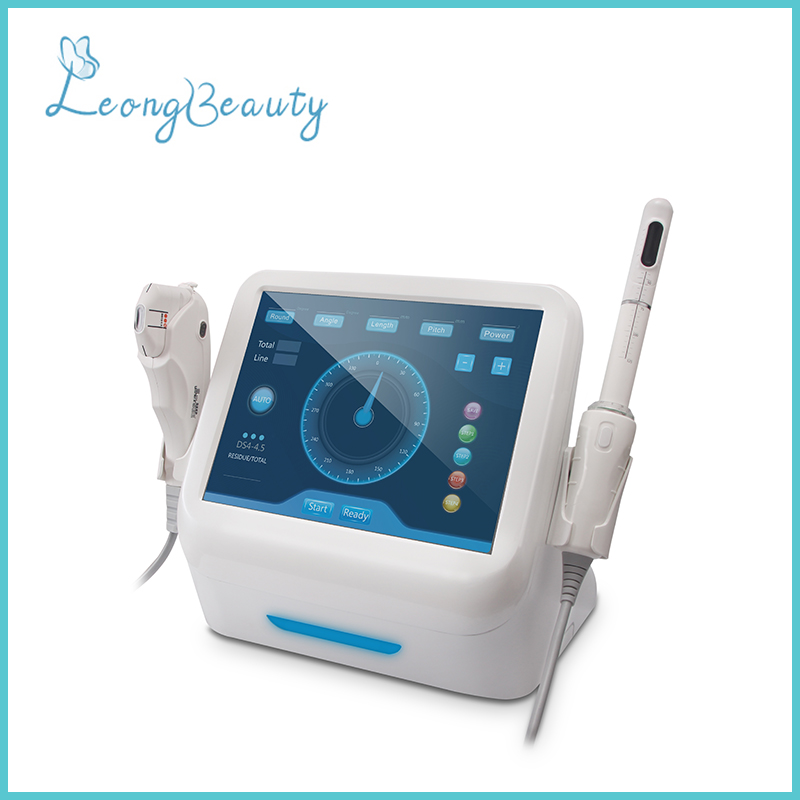What is the Best Professional HIFU Machine?
2023-10-12
HIFU machines are commonly used for non-invasive skin tightening and lifting treatments, as well as other medical and cosmetic procedures. When choosing a professional HIFU machine, it's important to consider several factors:
1. Brand and Reputation: Look for reputable manufacturers and brands that have a history of producing reliable and effective HIFU devices. Brands with a strong track record are often a safer choice.
2. Treatment Depth and Precision: Different HIFU machines offer various treatment depths and levels of precision. Consider the specific requirements of your intended treatments and choose a machine that can meet those needs.
3. Frequency and Energy Levels: HIFU machines can operate at different frequencies and energy levels. Some machines offer multiple settings, allowing practitioners to customize treatments for different patients and conditions.
4. Safety Features: Ensure that the machine has safety features, such as real-time monitoring, temperature control, and safety mechanisms to protect both the practitioner and the patient during the procedure.

5. User Interface: A user-friendly interface can make the machine easier to operate and control. Look for a machine with an intuitive interface and clear instructions.
6. Clinical Studies and Evidence: Check if the machine has been clinically tested and if there is scientific evidence supporting its safety and effectiveness for the specific treatments you plan to offer.
7. FDA Approval: If you are in the United States, verify if the HIFU machine has received clearance or approval from the U.S. Food and Drug Administration (FDA). This can provide assurance regarding its safety and efficacy.
8. Training and Support: Consider the availability of training and technical support provided by the manufacturer. Proper training is essential for using HIFU machines effectively and safely.
9. Cost and Budget: HIFU machines vary in price, and your budget will play a significant role in your choice. However, it's important not to compromise on quality and safety for the sake of cost savings.
10. Reviews and Recommendations: Seek recommendations and reviews from experienced practitioners or colleagues in the same field. They can provide valuable insights into the performance of different HIFU machines.
11. Warranty and Service: Investigate the warranty offered by the manufacturer and the availability of servicing and maintenance options. Ensure that replacement parts are readily available.
12. Upgradability: Consider whether the machine can be upgraded in the future to accommodate new technologies or treatment options.
It's important to consult with experts in the field, such as dermatologists, plastic surgeons, or medical aestheticians, for guidance on selecting the best HIFU machine for your specific practice or clinic. Additionally, due diligence in researching and evaluating the options available in the market is crucial to making an informed decision based on your unique requirements and circumstances.


